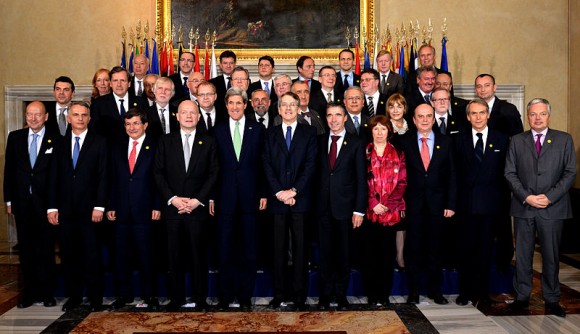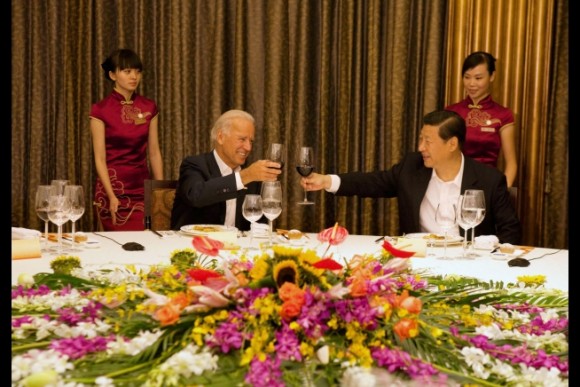Here in Switzerland, the train chugs along nicely between Geneva and Lausanne. The Alpine mountain range desperately fights to make its presence known despite the irritating persistence of low- hanging clouds. A friend had just introduced me to the music of J.J. Cale, but my thoughts were moving faster than the speed of the train. Time is too short to sleep, but never long enough to think.
It has been nearly a week since I embarked on a speaking tour in French-speaking countries of Europe. The trip was more difficult than I thought it would be, but also successful. I am here to talk about Gaza, to explain Arab revolutions and to remind many of their moral responsibility towards Palestine and Arab nations. For six months prior to that date, I lived and worked in the Middle East. Soon after I had arrived, Egypt entered into a most disheartening new phase of violence and chaos. Despite the suffering and bloodletting, the fresh turmoil seemed to correspond more accurately to the greatness of the fight at hand. The Jan 25 revolution was declared victorious too soon.
For me, the turmoil in Egypt was more than a political topic to be analyzed or a human rights issue to be considered. It was very personal. Now, my access to Gaza is no longer guaranteed. Gaza, despite its impossible reality and overwhelming hardship, was the last space in Palestine in which I was allowed to visit after 18 years of being denied such access. It was the closest place to what I would call home.
My travel companion informs me that we have ten minutes to Lausanne. I wish it was much longer. There is so much to consider. My sorrow for Gaza and its suffocating siege, for Palestine and its denied freedom is now part of a much larger blend of heartbreaks over Arab peoples as they struggle for self-definition, equality, rights and freedom. No, hope will never be lost, for the battle for freedom is eternal. But the images in my head of the numerous victims in this war – especially children who barely knew what war is even about in the first place – are haunting.
I went back in the Middle East hoping to achieve some clarity. But at numerous occasions I felt more confused. I don’t know why I get bewildered feelings every time I am back in the Middle East. I only refer to the Middle East when I write in English. In Arabic, it is ‘al-watan al-Arabi’, the Arab homeland. We were taught this as children, and knew of no other reference but that. Among Arab friends, I sound juvenile when I say the ‘Arab homeland’. No one there makes that reference anymore.
Continue reading “From the Middle East to Lausanne: Arabic Thoughts Amidst the Alps”





